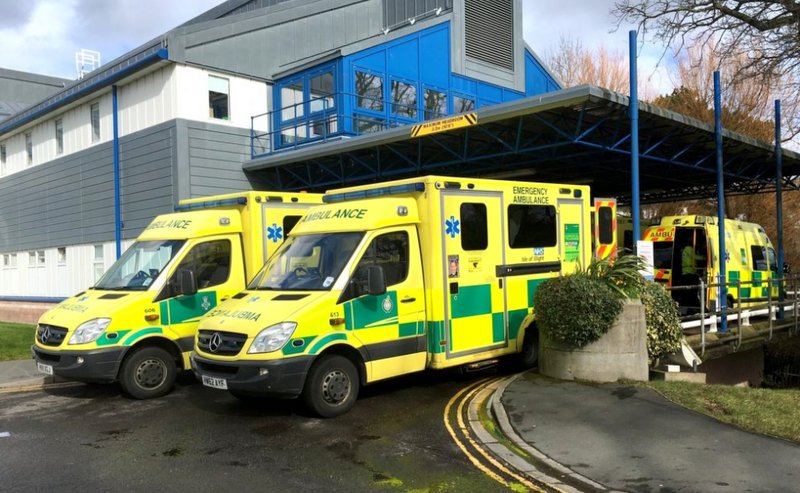
Long waiting times for ambulances on the Isle of Wight has led to the recent death of a resident.
The Isle of Wight NHS Trust has said it is investigating the incident.
It came to light in a report to the trust’s board this month as the health body continues to struggle with ambulance capacity issues.
The trust has said demand for ambulance services is currently exceeding its available capacity and has led to it failing to meet national response time targets.
In January, ambulance responses to category one (life-threatening) calls averaged 9 minutes and 25 seconds — the target is seven minutes.
Responses to category two (emergency) calls were 28 minutes and 31 seconds — the target is 18 minutes.
These times are the lowest they have been in four months but the demand is still causing the ambulance service to struggle and the trust is currently investigating a death associated with a long wait for an ambulance.
In December, the category two response times hit a high, with an average of 39 minutes and 45 seconds, which is double what it should be.
The Isle of Wight NHS Trust has apologised to anyone who has been affected by the service pressures.
A trust spokesperson said:
“We want to assure Islanders we are doing everything we can to continue to improve.”
The trust has said it invested in additional ambulances and recruited to ensure it can keep as many crews on the road as possible.
The increased capacity, it said, helped significantly, improving response time from some of the worst in the country in 2020 to among the best this year.
In the last 12 months, the trust has received more than 28,500 calls and a 25 per cent increase in ambulance call-outs on the Island over the past three years.
Surges still remain the service’s biggest challenge, the trust revealed, as it responds to an average of 86 call-outs a day but during busy periods this can rise to 115 or more.
The trust recognised “despite the improvement, there is still more to do”.
Recently, the trust has introduced a rapid response vehicle and deployed ambulance community first responders as well as fire and rescue volunteer responders, acting as an alternative to dispatching an ambulance.


 Rugby Players Set To Scale Great Heights For Teddy
Rugby Players Set To Scale Great Heights For Teddy
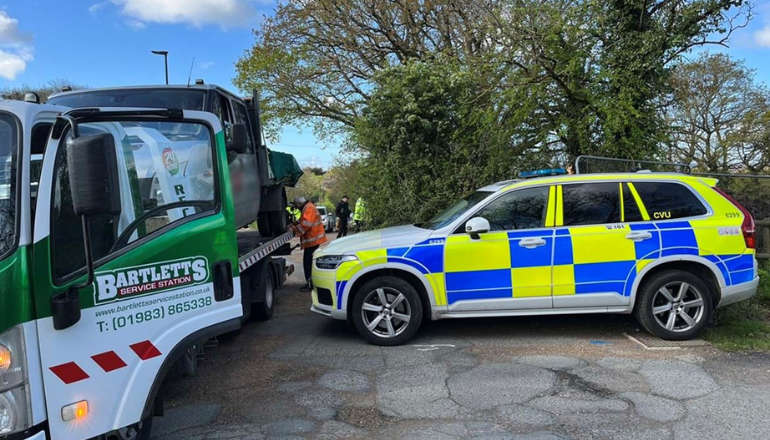 Drug Driving, Domestic Abuse And Stalking Among Arrests Made As Police Target Isle Of Wight Criminals
Drug Driving, Domestic Abuse And Stalking Among Arrests Made As Police Target Isle Of Wight Criminals
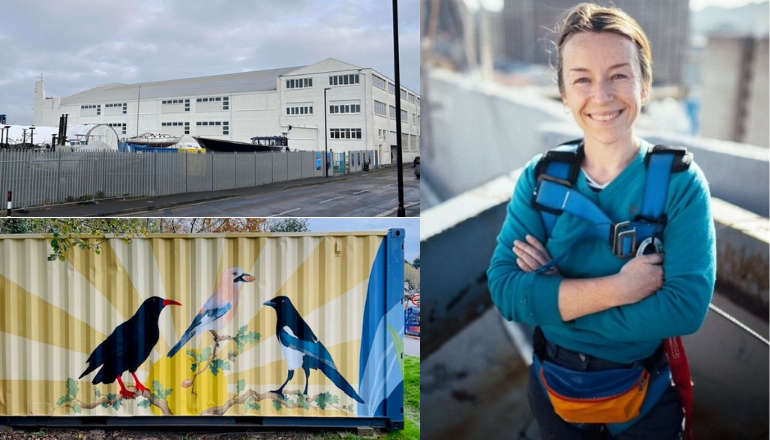 Work Begins On ‘Monumental’ Mural Project At Historic Columbine Building
Work Begins On ‘Monumental’ Mural Project At Historic Columbine Building
 More Acts Added To Isle Of Wight Festival Line-Up
More Acts Added To Isle Of Wight Festival Line-Up
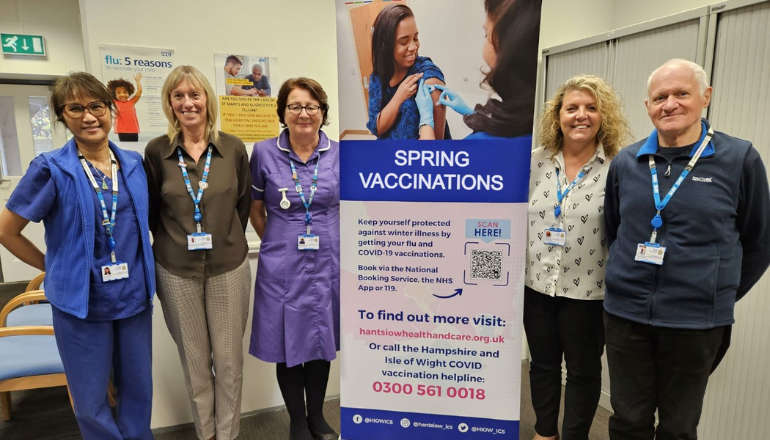 St Mary’s Vaccination Hub Gets Ready For Spring Covid-19 Vaccinations
St Mary’s Vaccination Hub Gets Ready For Spring Covid-19 Vaccinations
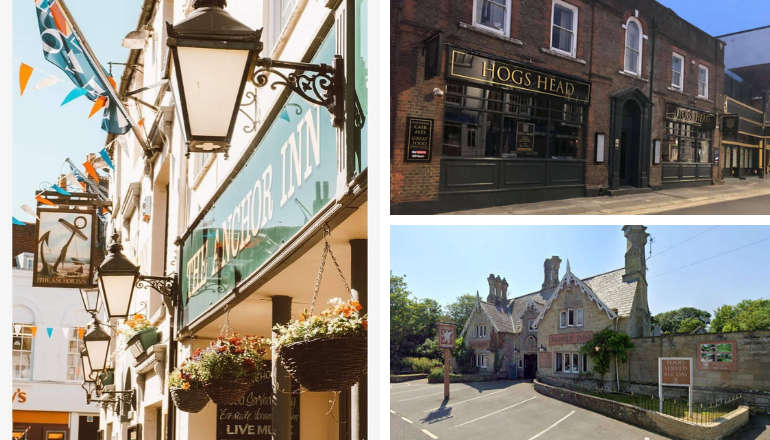 Twenty Isle Of Wight Pubs Under Threat As Stonegate Issues Profit Warning
Twenty Isle Of Wight Pubs Under Threat As Stonegate Issues Profit Warning
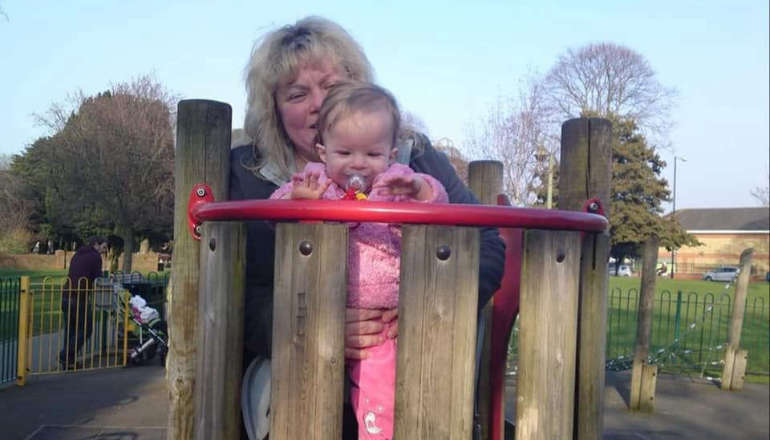 Fundraiser Launched As Kezi's Kindness Founder Diagnosed With Incurable Cancer
Fundraiser Launched As Kezi's Kindness Founder Diagnosed With Incurable Cancer
 Bon Voyage — White-Tailed Eagle Soars To France
Bon Voyage — White-Tailed Eagle Soars To France
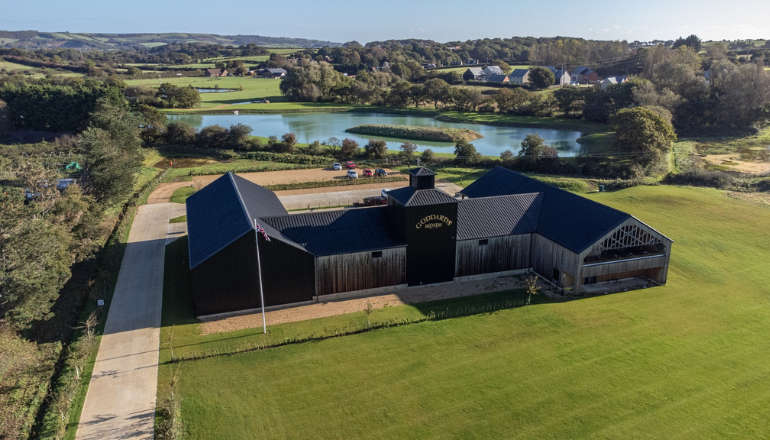 Goddards Brewery Scoops Four Top Industry Awards At International Competition
Goddards Brewery Scoops Four Top Industry Awards At International Competition
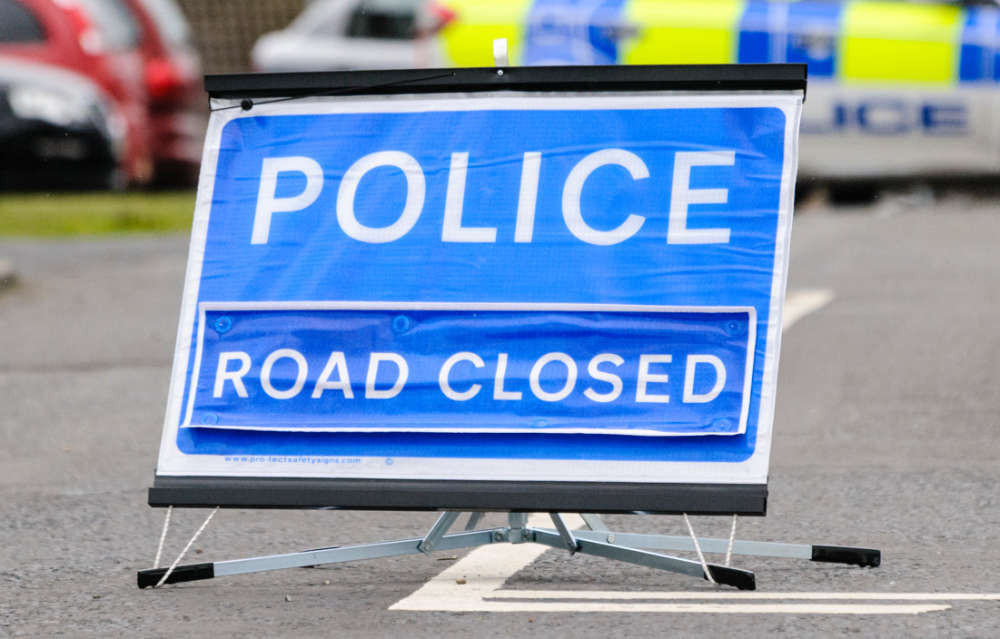 Briddlesford Road Crash Results In Two Injured
Briddlesford Road Crash Results In Two Injured
 Isle Of Wight MP Extolls Virtues Of Joint Emergency Service Officers For Isle Of Wight
Isle Of Wight MP Extolls Virtues Of Joint Emergency Service Officers For Isle Of Wight
 Island Labour Announces Parliamentary Candidates As Quigley Vows To 'Take Fight' To Bob Seely
Island Labour Announces Parliamentary Candidates As Quigley Vows To 'Take Fight' To Bob Seely
 Can You Help Police To Identify Man Linked To Waitrose Theft?
Can You Help Police To Identify Man Linked To Waitrose Theft?
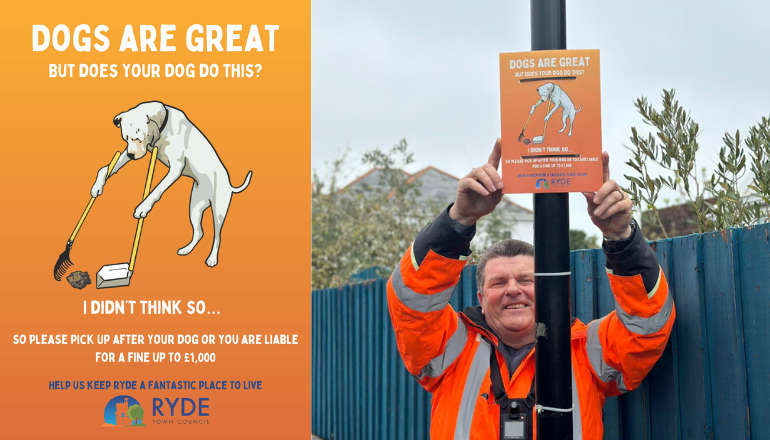 Ryde Town Council In Crackdown On Dog Fouling
Ryde Town Council In Crackdown On Dog Fouling
 Former Patient Opens New Intensive Care Unit
Former Patient Opens New Intensive Care Unit
 Isle Of Wight Primary School Place Allocations Announced For September
Isle Of Wight Primary School Place Allocations Announced For September
 The Rules Islanders Need To Know For Police And Crime Commissioner Election Postal Voting
The Rules Islanders Need To Know For Police And Crime Commissioner Election Postal Voting
 Family Pays Tribute To Paul Hart Following Fatal Newport Collision
Family Pays Tribute To Paul Hart Following Fatal Newport Collision
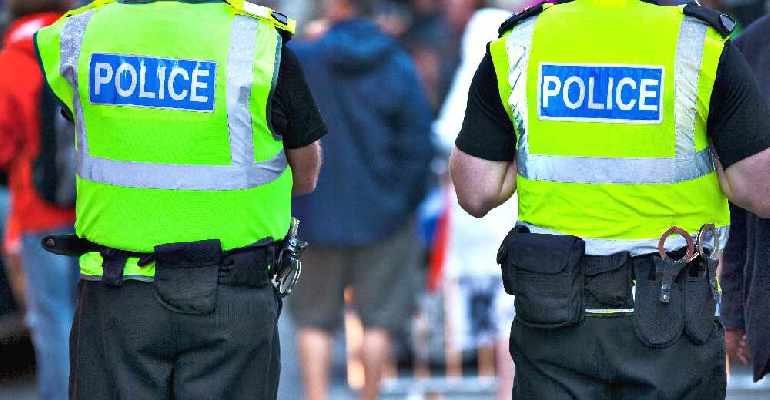 Teenager Sentenced For Planning Isle Of Wight Festival Terrorist Attack
Teenager Sentenced For Planning Isle Of Wight Festival Terrorist Attack
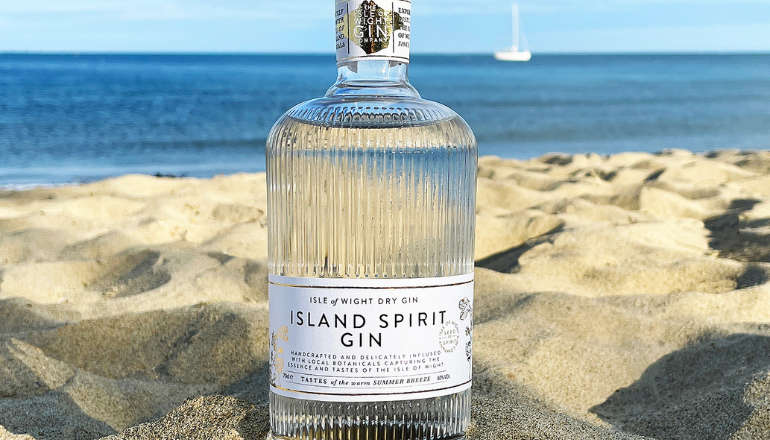 Isle Of Wight Gin Company Wins Medal At 2024 London Spirits Competition
Isle Of Wight Gin Company Wins Medal At 2024 London Spirits Competition


